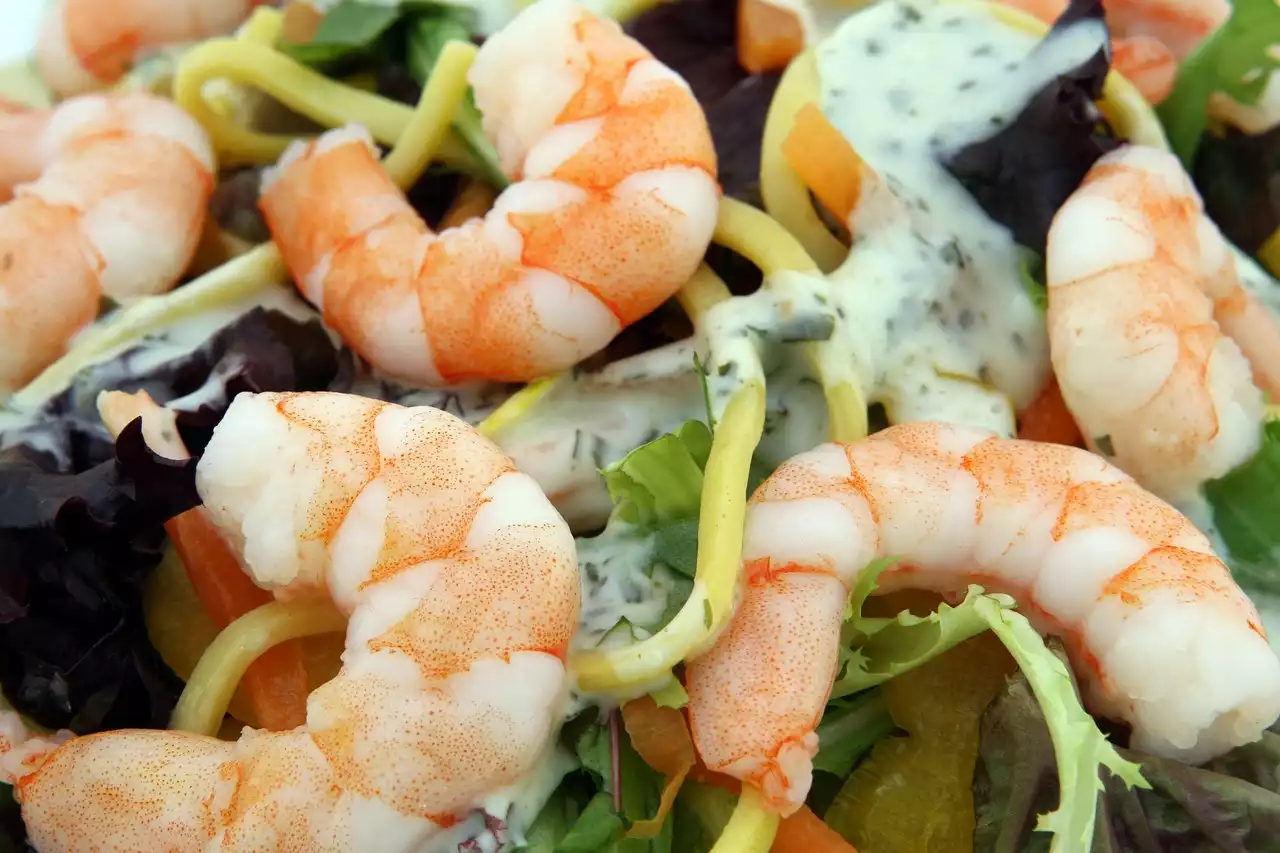France has long been considered the epitome of culinary excellence, renowned for its gastronomic heritage and world-class cuisine. From the bustling food markets of Provence to the iconic Parisian bistros, France has captivated food enthusiasts for centuries. But what exactly has made France the center of the world for culinary food, cooking classes, and Michelin stars? With its rich cultural history and commitment to culinary traditions, France has shaped the global food scene in more ways than one. The country's emphasis on fresh, high-quality ingredients, meticulous cooking techniques, and elegant presentation has elevated French cuisine to new heights. French cooking schools attract aspiring chefs from all over the world, offering unparalleled training in the art of French cooking. Moreover, France's coveted Michelin stars have become the pinnacle of culinary achievement. The rigorous Michelin Guide features the finest dining establishments, recognizing the exceptional talent and creativity of French chefs. This esteemed recognition has propelled France to the forefront of the international culinary stage. Join us as we delve into the factors that have made France the culinary capital of the world, exploring its culinary traditions, cooking classes, and the prestigious Michelin stars that adorn its restaurants. Get ready for a tantalizing journey through the heart of French gastronomy.
French Cooking Classes and Culinary Schools
France is renowned for its cooking schools that attract aspiring chefs from all corners of the globe. These schools offer an immersive culinary experience, providing students with the opportunity to learn from master chefs and immerse themselves in the rich culinary traditions of France. The curriculum typically includes a comprehensive study of French culinary techniques, such as knife skills, sauce-making, pastry-making, and food presentation. Students also learn about the importance of sourcing high-quality ingredients and the art of pairing flavors.
One of the most famous culinary schools in France is Le Cordon Bleu, which has a rich history dating back to 1895. Le Cordon Bleu offers a range of courses, from short-term workshops to intensive diploma programs. Students at Le Cordon Bleu not only gain hands-on experience in the kitchen but also learn about the history and culture behind French cuisine. The school's prestigious reputation and network of alumni have helped many chefs launch successful careers in the culinary world.
Another renowned institution is the Institut Paul Bocuse, named after the legendary French chef. This culinary school focuses on the mastery of French gastronomy while incorporating modern techniques and trends. The curriculum at Institut Paul Bocuse emphasizes creativity, innovation, and sustainability, preparing students to become future leaders in the culinary industry.
Attending a cooking class or culinary school in France is not just about learning technical skills; it's also an opportunity to immerse oneself in the French way of life. Students have the chance to explore local markets, visit vineyards, and experience the vibrant food culture firsthand. The knowledge gained from these immersive experiences goes beyond the kitchen, allowing students to understand the deep connection between food, culture, and history in France.
The Significance of Michelin Stars in French Gastronomy
When it comes to culinary accolades, nothing quite compares to the prestigious Michelin stars. Created by the Michelin tire company in 1900, the Michelin Guide was originally intended to encourage French motorists to embark on road trips, highlighting the best places to eat along the way. Over time, the guide evolved into the ultimate authority on fine dining, bestowing stars upon restaurants that demonstrate exceptional culinary excellence.
In France, the Michelin Guide is particularly revered, and receiving even a single Michelin star is considered a tremendous achievement. The guide's anonymous inspectors meticulously evaluate restaurants based on numerous criteria, including the quality of ingredients, mastery of technique, consistency, and creativity. The highest honor is the coveted three Michelin stars, awarded to restaurants that offer a truly exceptional dining experience.
Michelin stars have a profound impact on French gastronomy. Not only do they act as a mark of quality and excellence, but they also attract food enthusiasts from around the world who seek out these acclaimed establishments. Chefs strive for Michelin recognition, as it can elevate their careers and bring international acclaim to their restaurants. The pursuit of Michelin stars has driven French chefs to push the boundaries of creativity and innovation, leading to the evolution of French cuisine.
Beyond the recognition and prestige, Michelin stars have a significant economic impact as well. Restaurants with Michelin stars often experience an increase in reservations and revenue, as diners are willing to pay a premium for an extraordinary dining experience. Additionally, the presence of Michelin-starred restaurants contributes to the overall reputation of a city or region as a culinary destination, attracting tourists and boosting the local economy.
The Michelin Guide's influence extends beyond France's borders, as it has become the global standard for fine dining. Many countries around the world have their own Michelin Guides, modeled after the original French version. The Michelin stars awarded to restaurants outside of France serve as a testament to the enduring legacy of French culinary traditions and techniques.
In conclusion, France's status as the center of the culinary world can be attributed to a combination of factors. Its rich culinary traditions, emphasis on high-quality ingredients and meticulous cooking techniques, and the influence of renowned cooking schools have all contributed to the country's gastronomic excellence. The Michelin stars, with their stringent evaluation criteria and international acclaim, have further solidified France's position as a culinary powerhouse. Whether it's the artistry of French cuisine or the pursuit of Michelin stars, France continues to captivate food enthusiasts from around the globe and remains at the forefront of the culinary world.








